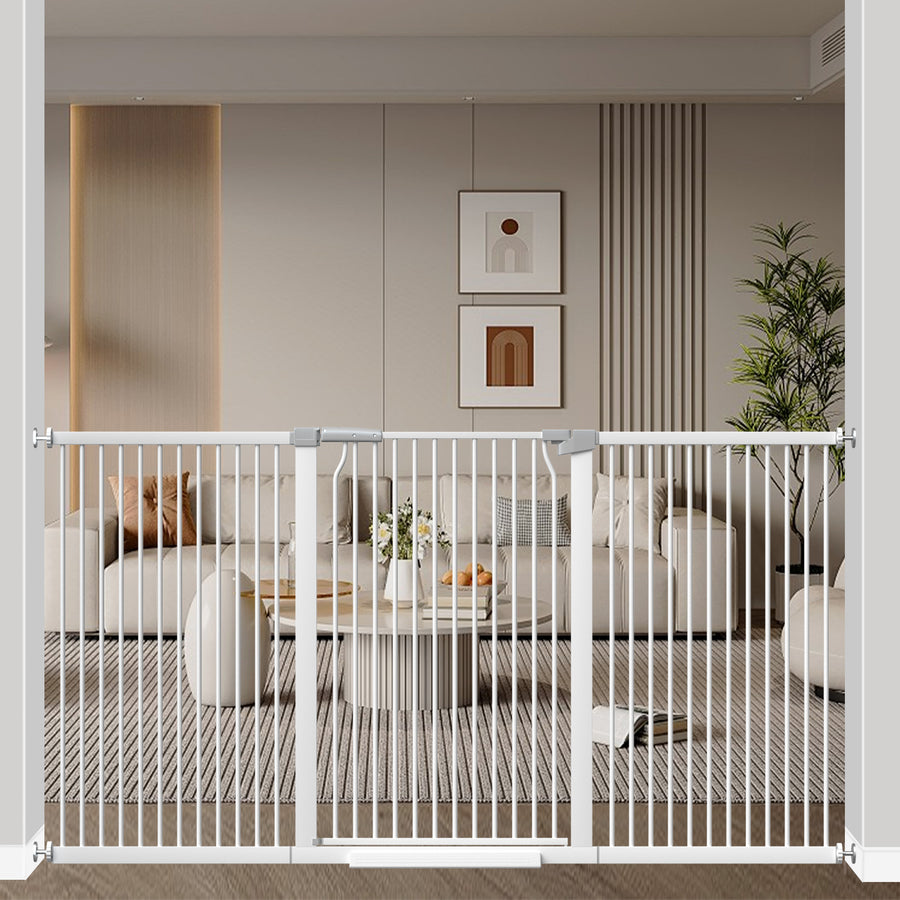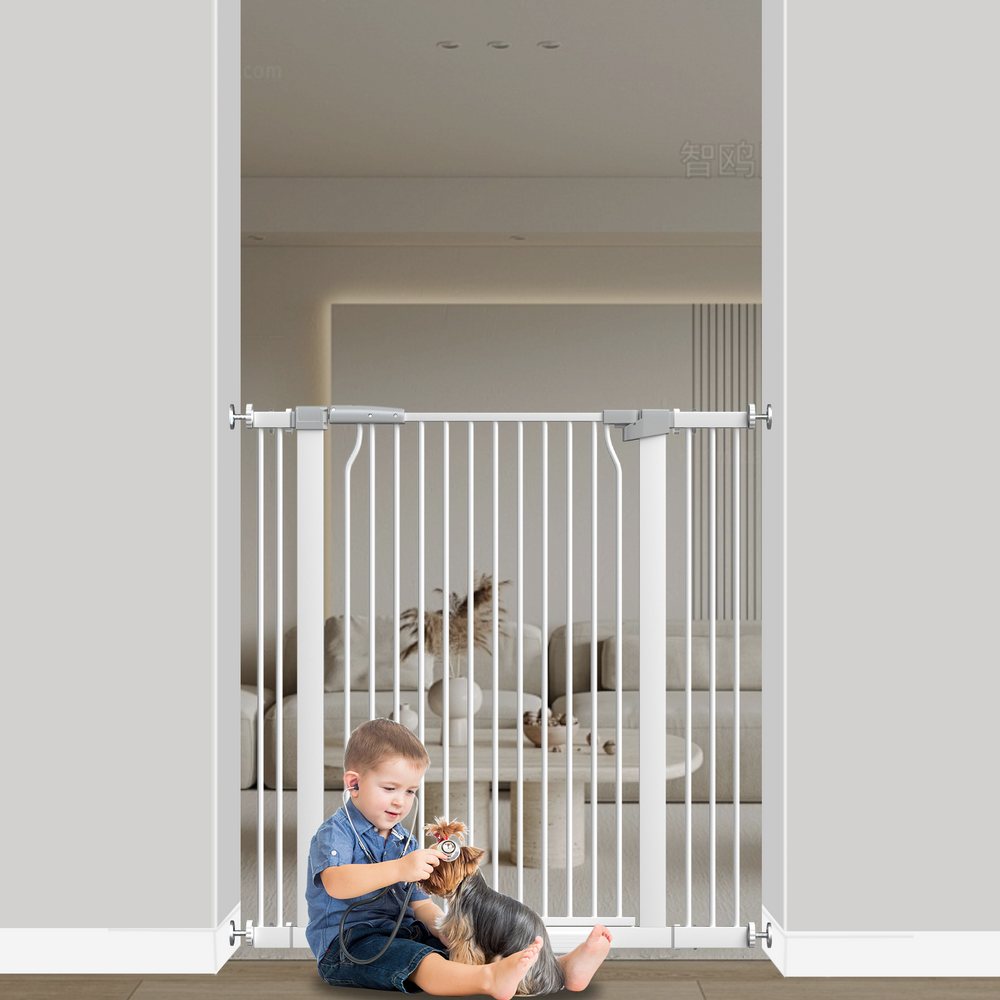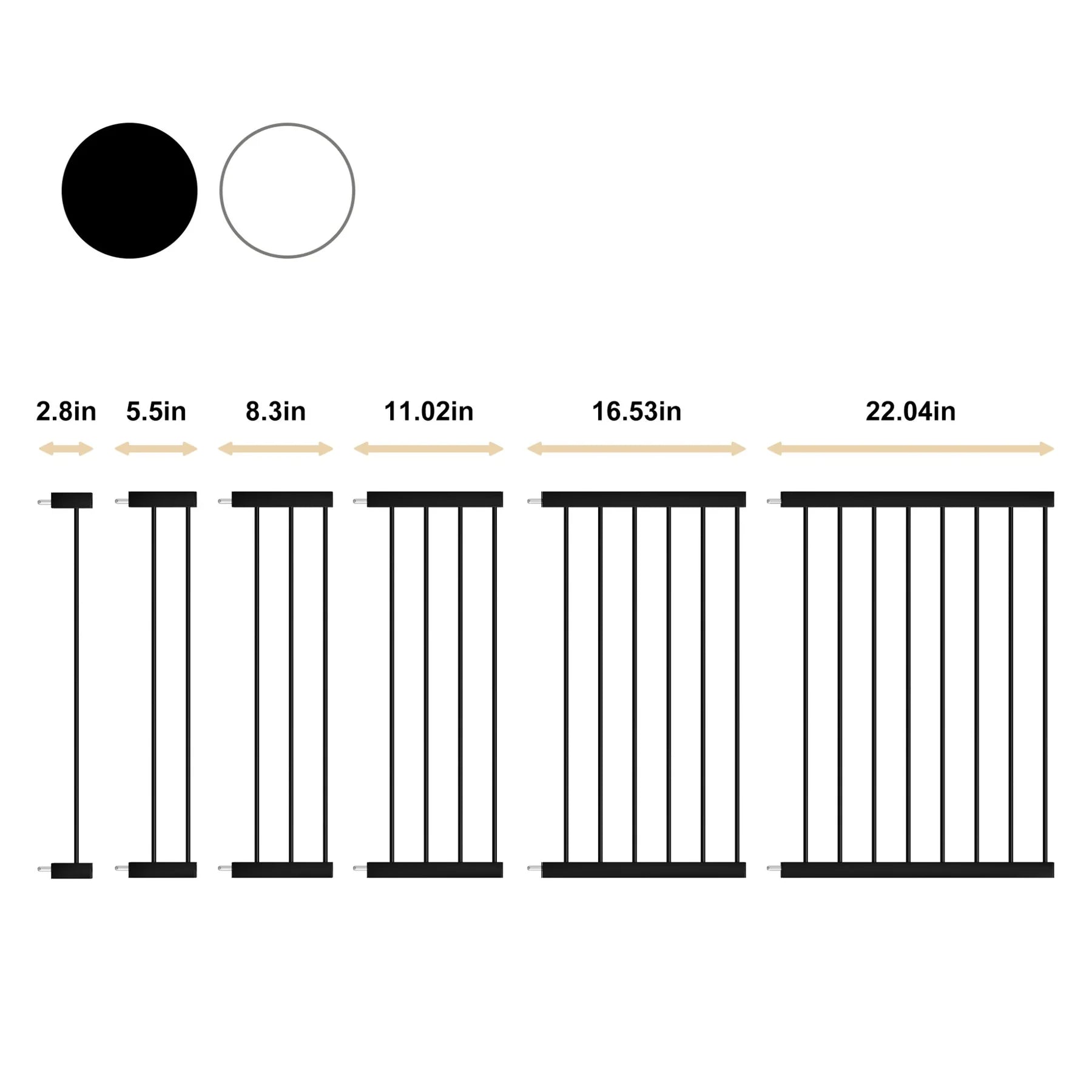Do You Know Why Dogs Destroy Toys?
Choosing the ideal birthday gift for your furry friend can be exciting. Imagine gifting them a squeaky plush toy, only to watch it get demolished in mere moments. This can be both confusing and worrisome. It's crucial to get to the bottom of why dogs tear apart their toys – not just to save your wallet, but for their safety too.
Experts in animal behavior have identified key reasons behind this destructive habit. They also provide insights on how to curb it before it turns dangerous. Additionally, they offer tips on selecting durable materials while shopping for dog toys that can withstand a good chew.
Dogs tearing apart their toys is a common issue, and there are several reasons behind this behavior. Here's a breakdown:
- Pure Entertainment: According to Dr. Wayne Hunthausen, DVM, of Westwood Animal Hospital, dogs often destroy toys for fun. However, this doesn't mean it's a safe activity. We'll touch on safer alternatives later.
- Natural Prey Instincts: The squeaking of toys can mimic the sound of prey, triggering a dog's instinctual behavior. Expert explains this is particularly common in hunting breeds like Retrievers, Beagles, Terriers, and Spaniels.
- Separation Anxiety or Boredom: If your dog only destroys toys alone, it could be a sign of separation anxiety or boredom, especially if they chew on furniture.
- Need for Tougher Toys: Some breeds or individual dogs are just more aggressive chewers and require more durable toys.
- Learned Behavior: Puppies may learn to destroy toys if they receive attention for this behavior.
Is Toy Destruction Safe?
Allowing dogs to destroy their toys isn't advised. Swallowing toy parts can lead to intestinal blockage, a serious condition. Symptoms of blockage include lethargy, loss of appetite, vomiting, abdominal pain, and distressed vocalizations. If you suspect a blockage, seek emergency veterinary care.
Preventing Destructive Behavior in Dogs
Punishment isn't effective and can worsen anxiety. Expert suggests the following steps instead:
- Monitor Your Dog and Interrupt Destructively: Use a noise like a whistle to distract your dog without scaring them.
- Offer a Trade: Replace a dangerous toy with a high-value treat to prevent resource guarding.
- Experiment With Different Toys: Try various toys to see which ones your dog enjoys without destroying them.
- Increase Enrichment: Engage your dog in physical activities like tug-of-war and fetch, and mental exercises like food puzzles or lick mats.
Remember, keeping your dog engaged and stimulated can greatly reduce the desire to destroy toys.
When picking toys for dogs who love a good gnaw, the material is key. Stronger substances like rubber are recommended. It's also wise to watch your dog while they're playing, especially with new toys.
Here are five types of durable toys suited for various canine chewing habits:
- Heavy-Duty Rubber Chew Toys: Ideal for dogs that chew with vigor.
- Sturdy Rope Toys with Multiple Knots: Great for dogs who enjoy a game of tug.
- Scented, Squeaky Chew Balls: Perfect for dogs who love retrieving.
- Reinforced Plush Toys: A more robust option for those who favor soft toys.
- Tough Treat Dispensing Chew Toys: These toys provide additional mental stimulation.
Always consider your dog's dental health when choosing toys. The material should be soft enough to leave a slight indentation with your thumb. Avoid toys with rough textures and ensure you can bend or break them with your hands. Some toys are also specifically designed to be dental-safe.
Allowing your dog to indulge in their natural chewing instinct can be done safely with the right toys and supervision. For a fun twist, teach your dog to tidy up their toys after playtime.
Conclusion
Understanding why dogs destroy toys helps create a healthier play environment. Recognizing their natural behaviors, combating boredom, and offering appropriate ways for them to vent energy will harmonize your shared space. This leads to a happier, more fulfilling relationship with your furry companion.






Leave a comment